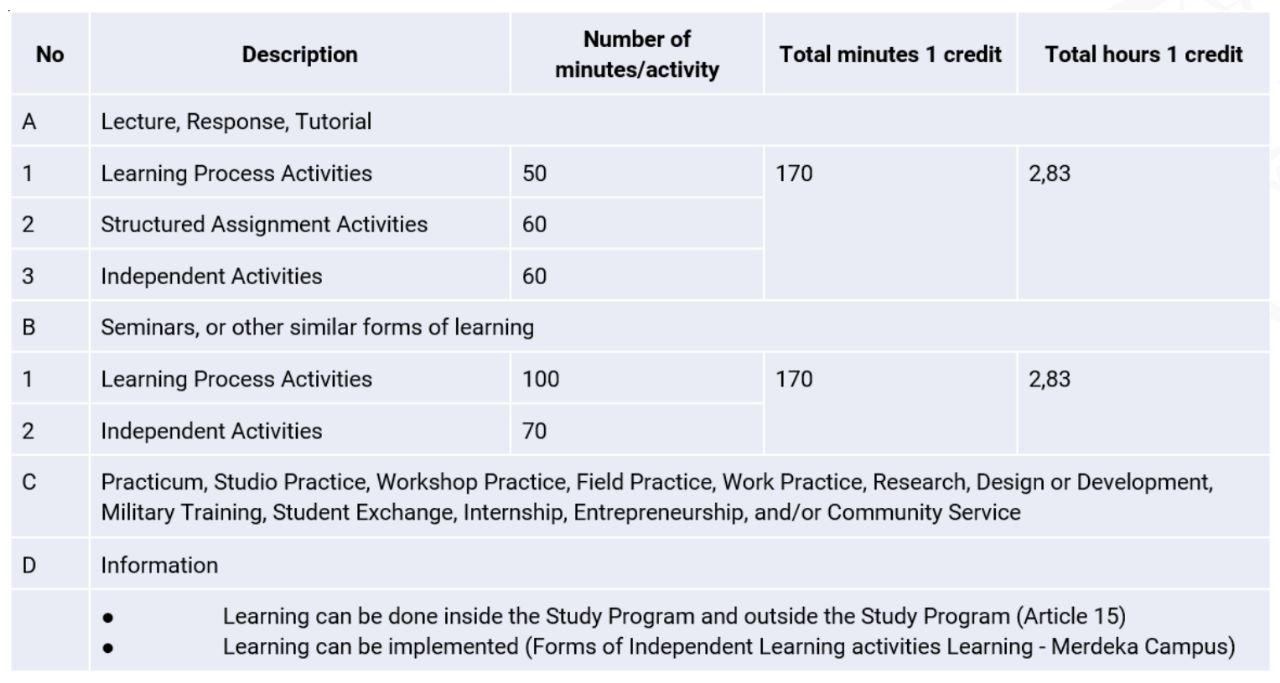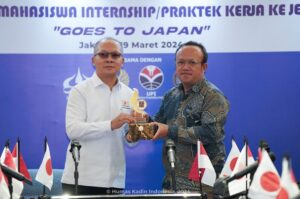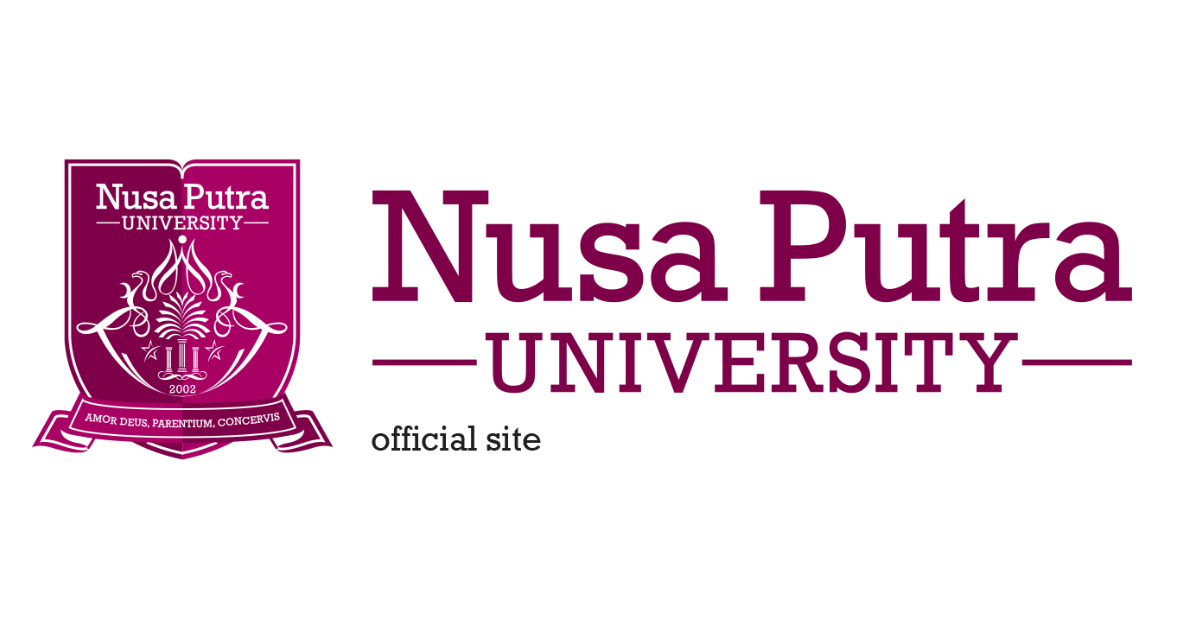- ABOUTAbout UsCollaborationInternational ProgramStudy Indonesia Program (SIP)Abroad Internship Program (AIP)Summer Course ProgramDouble DegreeEnrichment ProgramInternshipHumanitarian ProjectIndependent Study of Project
- ACADEMICS
- RESEARCH

- Information
- AdmissionsUndergraduate ProgramUndergradute SchoolarshipPostgraduate ProgramPostgraduate Schoolarship
EN
Home » Academic » Faculty of Engineering, Computer and Design (FECD) » Civil Engineering
Civil Engineering
- Overview
- Vision & Mission
- Career
- Curriculum
- News
Overview
The Bachelor Study Program (S1) in Civil Engineering at Nusa Putra University prepares students to work in the fields of transportation planning, roads as well as construction design and management in projects that require civil engineers. Graduates of the Civil Engineering Study Program serve the community through the application of knowledge and skills in planning, design, construction of facilities and infrastructure in various disciplines. Students in semester 5 are given the choice of emphasizing competence according to their interests and talents in the choice of deepening concentration in a more specific field. The concentrations offered are Transportation and Traffic and Structures. The deepening of this field is supported by various activities such as internships, research and student exchanges.
Vision
To become a superior and innovative study program in the implementation of education in the civil sector that has competitiveness and techniques based on local wisdom values in the face of the global trade era in 2030.
Mission
- Organizing an education and teaching system in the field of civil engineering to develop science based on the transformation of the times, so as to be able to produce creative and innovative human resources.
- Carry out research to produce works that have high competitiveness both at the national and international levels by developing and integrating the scientific development of civil engineering to the values of local wisdom and national civilization.
- Disseminate research results in the form of applied technology that is able to compete globally and provide benefits for improving people's lives.
- Implementation of community service programs based on information technology science by increasing public understanding of the importance of technology for life.
- Collaborating with various institutions both at home and abroad that have a significant impact on the progress of the institution.
Career Prospect of Graduates
After completing the Civil Engineering Bachelor Program, graduates can have a career as Geotechnical Engineer, Structural Engineer, Water Resource Engineer, Quality Control Engineer, Construction Consultant, Teacher & Researcher / Academician, BUMN Expert, Government Expert, Technopreneurship
Graduate Profile (GP)
The graduated profile of civil engineering is to become technopreneur, and academic accomplishment - academics and researchers
| Semester | Kode | Nama Mata Kuliah (in) | Course Name (Eng) | SKS | ECTS | Total | |
| SKS | ECTS | ||||||
| WN10001 | Pendidikan Pancasila | Pancasila Education | 2 | 3,2 | |||
| WU11001 | Bahasa Inggris Akademik | English For Academics | 2 | 3,2 | |||
| SP11001 | Matematika Dasar | Basic Math | 4 | 6.4 | |||
| 1 | SP11002 | Fisika | Physics | 3 | 4.8 | 20 | 32 |
| SP11003 | Kimia Teknik Sipil | Chemical for Civil Engineering | 3 | 4.8 | |||
| SP11004 | Gambar Teknik | Engineering Drawing | 3 | 4.8 | |||
| SP11005 | Ilmu Ukur Tanah | Surveying | 3 | 4.8 | |||
| WN10002 | Pendidikan Kewarganegaraan | Civic Education | 2 | 3,2 | |||
| WU12002 | Bahasa Inggris Profesi | English For Profession | 2 | 3,2 | |||
| WU12003 | Kenusaputraan | Kenusaputraan | 1 | 1,6 | |||
| 2 | SP12006 | Kalkulus | Calculus | 3 | 4.8 | 20 | 32 |
| SP12007 | Statika | Statics | 4 | 6.4 | |||
| SP12008 | Hidrologi | Hidrology | 3 | 4.8 | |||
| SP12009 | Teknologi Bahan Konstruksi | Construction Materials Technology | 3 | 4.8 | |||
| SP12010 | Mekanika Bahan | Material Mechanics | 2 | 3,2 | |||
| WN20003 | Bahasa Indonesia DanBudaya | Indonesian Language And Culture | 2 | 3,2 | |||
| SP21011 | Matematika Teknik | Engineering Math | 3 | 4.8 | |||
| SP21012 | Manajemen Konstruksi | Management Constructions | 3 | 4.8 | |||
| SP21013 | Statika Tak Tentu | Indeterminate Statics | 3 | 4.8 | |||
| 3 | SP21014 | Mekanika Tanah | Soil Mechanics | 3 | 4.8 | 22 | 35,2 |
| SP21015 | Struktur Baja | Steel Structure | 2 | 3.2 | |||
| SP21016 | Hidrolika dan mekanikafluida | Hydraulics and fluid mechanics | 3 | 4,8 | |||
| SP21017 | Desain jalan danperkerasan jalan | Road and pavement design | 3 | 4.8 | |||
| WN20004 | Agama Dan Etika | Religion And Ethics | 2 | 3,2 | |||
| SP22018 | Analisis Numerik | Numerical Analysis | 3 | 4.8 | |||
| SP22029 | Statistika dan Probabilitas | Statistics and Probability | 3 | 4.8 | |||
| SP22020 | Teknik Lalu Lintas | Traffic Engineering | 3 | 4.8 | |||
| 4 | SP22021 | Teknik pondasi | Foundation structure | 3 | 4.8 | 21 | 33,6 |
| SP22022 | Struktur Beton | Concrete Structure | 3 | 4.8 | |||
| SP22023 | Metodologi Penelitian | Research Methodology | 2 | 3.2 | |||
| SP22024 | Ekonomi Teknik | Engineering economics | 2 | 3.2 | |||
| SP31025 | Perancangan Jalan Raya | Highway Design | 3 | 4.8 | |||
| SP31026 | Teknik Gempa | Seismic Design | 3 | 4.8 | |||
| SP31027 | Rekayasa Irigasi danDrainase | Irrigation and Drainage Engineering | 3 | 4.8 | |||
| 5 | SP31028 | Perancangan Proyek | Project Planning | 3 | 4.8 | 22 | 35,2 |
| SP32029 | Analisis DampakLingkungan | Environmental Impact Analysis | 2 | 3.2 | |||
| WU30004 | Praktek Kerja Lapangan(PKL) | Work in Practice | 2 | 3,2 | |||
| - | MK Pilihan: Inti Peminatan | Specialization course | 6 | 9,6 | |||
| FT32001 | Kewirausahaan | Entrepreneurship | 2 | 3,2 | |||
| 6 | WU30005 | Kuliah Kerja Nyata (KKN) | Community Service | 2 | 3,2 | 19-24 | 30,4-38,4 |
| - | MK Pilihan: MBKM/SCP/Pendalaman | Elective Course: MBKM/ SCP /In-Depth | 15-20 | 24 -32 | |||
| FT41002 | Filsafat Ilmu | Philosophy of Science | 2 | 3,2 | |||
| 7 | - | MK Pilihan: MBKM/SCP/Pendalaman | Elective Course: MBKM/ SCP /In-Depth | 15-20 | 24-32 | 17-22 | 27,2-35,2 |
| 8 | SP40030 | Skripsi | Thesis | 6 | 9,6 | 6 | 9,6 |
| Jumlah | 147-157 | 235,2-251,2 | |||||
Conversion from SKS to European Credit Transfer System (ECTS)

1 credit is equivalent to 170 minutes or 2.83 hours. Each semester consists of 14 meetings. It means, a total of 39.62 hours per semester is obtained. The provision of 1 ECTS is equivalent to 25 hours. To get a Bachelor’s degree, a student must complete a minimum of 144 credits, that is equivalent to 228.21 ECTS. According to European Standard, 3 years lectures program is equivalent to 180 ECTS, and 4 years lecture program is equivalent to 240 ECTS. The number of lectures at FECD-UNSP is 228.21 ECTS, meaning that it meets European standards.
The Semester Credit Unit load for each course is determined in accordance with the learning process (lecture characteristics) carried out. One semester consists of 14 learning sessions/meetings (14 weeks) and two examinations; Mid-Semester Examination, and End-Semester Examination (UAS).
 News
News
- MENYAMBUT DIBUKANYA AKSES TOL PARUNGKUDA-CIBADAK
- Sertifikasi Kompetensi Bagi Calon Lulusan & Lulusan Perguruan Tinggi Bidang Konstruksi Tahun 2022
- Seminar Nasional Teknik Sipil dan Lingkungan – 20 Juli 2022
- Seminar Nasional Teknik Sipil dan Lingkungan – 19 Juli 2022
- Seminar Nasional Teknik Sipil dan Lingkungan – 18 Juli 2022
- Seminar Nasional Teknik Sipil dan Lingkungan – 16 Juli 2022
- Seminar Nasional Teknik Sipil dan Lingkungan – 15 Juli 2022
- Seminar Nasional Teknik Sipil dan Lingkungan – 14 Juli 2022
- Seminar Nasional Teknik Sipil dan Lingkungan – 13 Juli 2022
- Talkshow ” Apa Kabar Tol Bocimi?” Sebagai Rangkaian Penutup Civil Expo 2022



